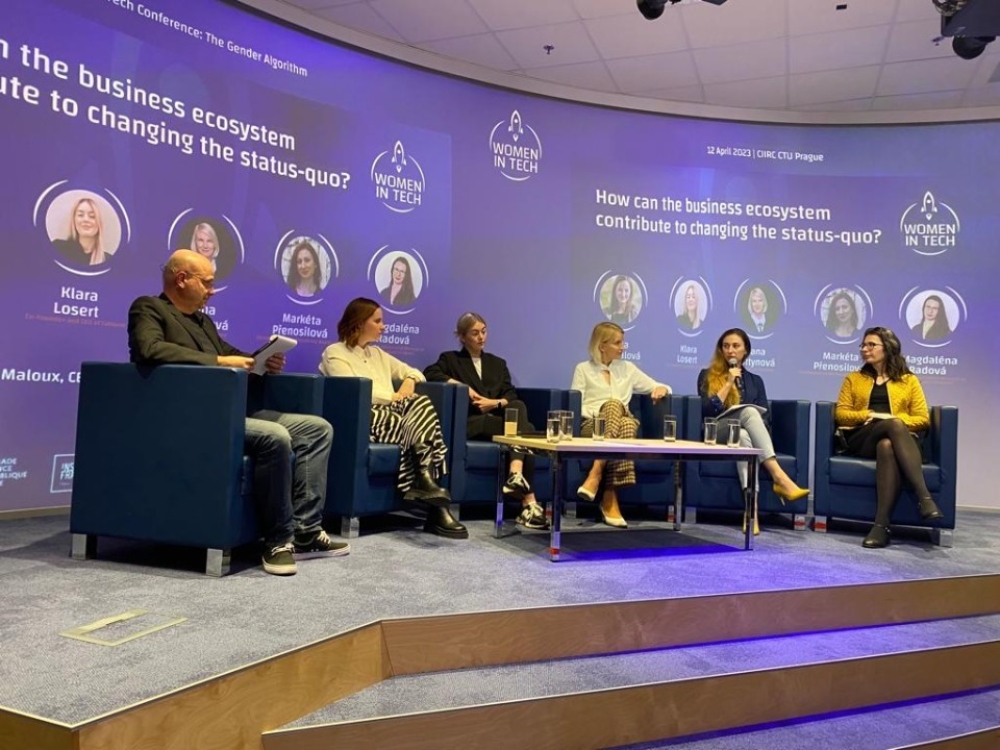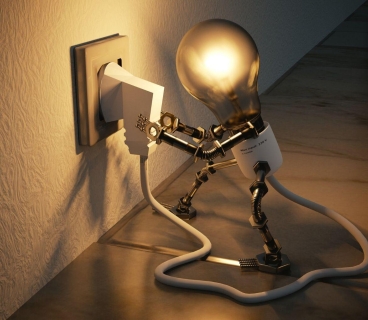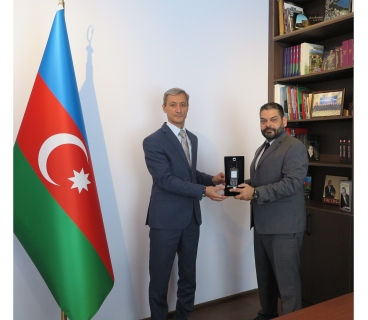Women’s participation in the startup ecosystem still lags significantly behind that of men. International studies show that although women’s entrepreneurial activity is rapidly increasing, it remains at a lower level compared to men. For instance, between 2001 and 2005, the percentage of women starting new businesses was 6.1%, whereas this figure rose to 10.4% in 2021–2023. Still, women account for less than 1/10 of newly launched businesses each week, compared to about 1/8 for men. At the same time, only around one-third of startups with high growth potential are led by women.
Nevertheless, gender inequality persists in investment and leadership positions. According to U.S. data, men are 64% more active than women in establishing new businesses. In the venture capital (VC) market, only ~14.5% of investment goes to startups founded by women. Additionally, fewer than 30% of angel investors are women, and only 16% of VC firm partners are female. On average, a significant funding gap remains globally – for example, in major countries, 97% of companies receiving investment are either led by male CEOs or consist entirely of male teams. Consequently, relative to men, startups founded by women attract significantly less investment: in Europe, only 2.2% of VC investments in 2024 went to all-female founding teams.
Technology Sector
Women’s participation is even more limited in the technology sector. Globally, only about 25% of employees in the information and communication technology (ICT) field are women (source: sciencespo.fr). However, within this workforce, women are underrepresented in management and startup leadership roles. For example, in France, only 12% of digital startup founders are women. Similar reports show that in Europe’s Big Five (France, Germany, the UK, Spain, and Sweden), only about 10% of startups are founded by women.
The structure of STEM education and workforce also exacerbates this disparity. According to the OECD, only 11% of innovation-driven startups have at least one female founder (source: sciencespo.fr). However, in DeepTech — research-based startups — women are more present; for instance, approximately 33% of VC capital invested in DeepTech in Europe goes to companies led by female founders. Still, access to tech projects remains challenging for women. Research shows that the likelihood of women being involved in startups is lower: compared to men, women-founded startups are significantly less likely to attract VC funding, and when they do, the amount is 23% lower on average.
Social Business, Agriculture, and Education Sectors
Women entrepreneurs often lead successful initiatives in agriculture, education, and social enterprise sectors. For example, in Latin America, women make up only ~11% of agricultural startup founders. Nevertheless, these women have created platforms providing technological and financial support to family farms, demonstrating significant impact. Overall evaluations suggest that women's economic initiatives contribute to poverty reduction, job creation, and the spread of innovation. Experts from the World Economic Forum emphasize that businesses founded by women tend to reinvest strongly in local communities, enhance societal stability, and create more sustainable social impact. For instance, Azerbaijani entrepreneur Rana Mehraliyeva launched a “henna night” business organizing rural gatherings with support from an EU and UN project – becoming the first service of its kind in the region; her business now employs a team of eight and receives orders from neighboring districts (source: euneighbourseast.eu). Similarly, young entrepreneur Sara founded the #WomenOfButaArtsAndSweets initiative, selling traditional pastries made by women with special needs via an online platform; within just six months, the platform attracted 20 companies as clients.
Status of Women Entrepreneurs in Azerbaijan
The share of women entrepreneurs in Azerbaijan is steadily increasing. According to official statistics, about 22% of registered individual entrepreneurs in the country are women (source: fed.az, smb.gov.az). Research by KOBIA shows that the number of women entrepreneurs has nearly doubled in the past two years (source: smb.gov.az). Women entrepreneurs are primarily active in agriculture, trade, and service sectors, with the greatest concentration in Baku (30.5% of female entrepreneurs are based there, source: smb.gov.az).
The state supports this process. KOBIA’s leadership has declared that promoting women’s entrepreneurial activity is among its top priorities. Women entrepreneurs are provided with training, consultancy, qualification improvement courses, access to financial resources, grants, exhibitions, and “Startup” certificates. For example, recent data shows that grants have been awarded to five women-led projects, and 10 women have received three-year tax exemptions through the “Startup” certificate program. Nevertheless, women face different challenges in business than men — studies indicate that female entrepreneurs generally encounter more obstacles. Limited access to finance and markets, as well as societal stereotypes, pose additional burdens for them.
Successful Examples from Azerbaijan
Several successful startups and initiatives have been launched by women entrepreneurs in Azerbaijan. For instance, the FemTech platform, founded under the leadership of Nazrin Asgarzadeh, supports women’s startup projects by organizing trainings and incubation programs; the initiative was selected as the “Tech Community of the Year” at the Innovator Worker (IDDA) awards. There are also examples ranging from small businesses to social projects: the aforementioned Rana Mehraliyeva’s “Henna Night” service and Sara Pashayev’s “WomenOfButaArtsAndSweets” platform are innovative business models created by women. These projects not only generate income but also provide social benefit to the community.
Support Programs for Women
Numerous international and local programs support the development of women entrepreneurship. For example, the “She Wins” program led by the World Bank and its partners aims to improve women’s access to financial resources. Additionally, EU- and UN-funded projects are also active in Azerbaijan, particularly empowering women in agriculture and service sectors. Domestically, the “Scale Up” accelerator program targets women entrepreneurs; supported by the Azerbaijan Business Women initiative and KOBIA, this program provides resources to help women scale their businesses. In collaboration with various public and private partners, the program offers training, mentorship, and access to innovation hubs. As a result, such initiatives help expand women’s business networks and ensure the sustainable growth of their enterprises.
Sources: The above analysis is primarily based on reports from the World Bank, United Nations agencies, Global Entrepreneurship Monitor (GEM), KOBIA, and reliable media sources.








